You can contact LEARNZ, part of CORE Education, at:
Postal Address:
PO Box 13 678,
Christchurch 8141,
New Zealand
Heritage is what we have inherited from the past. You could say it is something of value that has been passed down by families or other groups over many years.
Heritage is made up of a range of cultural traditions, stories and beliefs, significant places, valued objects – often called artefacts, and whakapapa – our families, communities, and places we are from. It is something from the past to value and enjoy in the present, and to preserve and pass on to future generations.
One way to think about heritage is to break it down into three groups: tangible, intangible, and natural.
Tangible heritage
Tangible heritage is made up of mostly human-made objects. It is the physical remains that exist today which you can see or touch. They could be historical or sacred sites, buildings, monuments, objects in museums, artefacts, and archives.
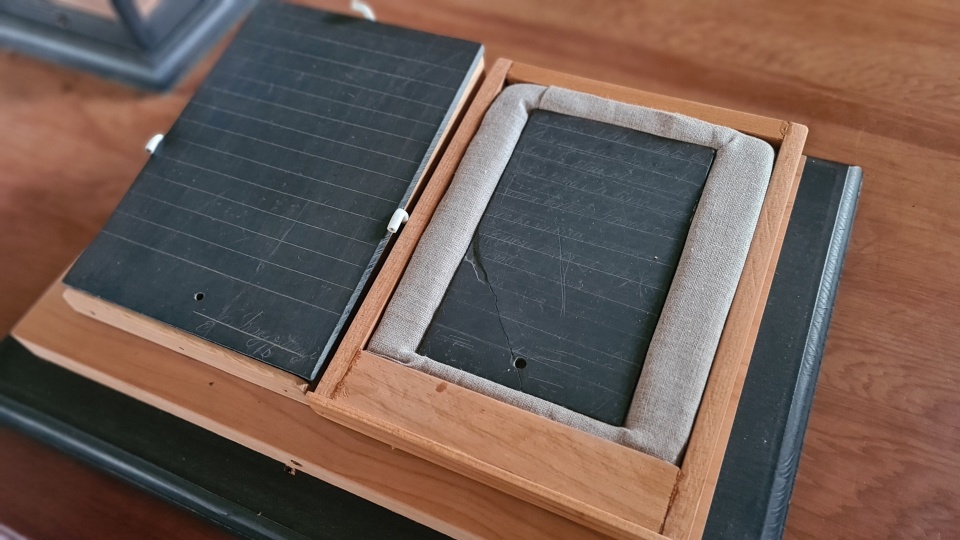
Watch - Heritage New Zealand Pouhere Taonga visits NG King market gardens. See how a site visit to this historic Chinese settlement site enables visitors to familiarise themselves with the site, its buildings and get a feel for its character.
Watch - Haupara Fish Trap. This fish trap, in Kerikeri, is the physical remains which exist today of a fishing method once used by Māori.
Intangible heritage
Intangible heritage is a practice, representation, knowledge, or skill. We can experience intangible heritage through things like customs, traditions, stories, crafts, sports, music, and dance.
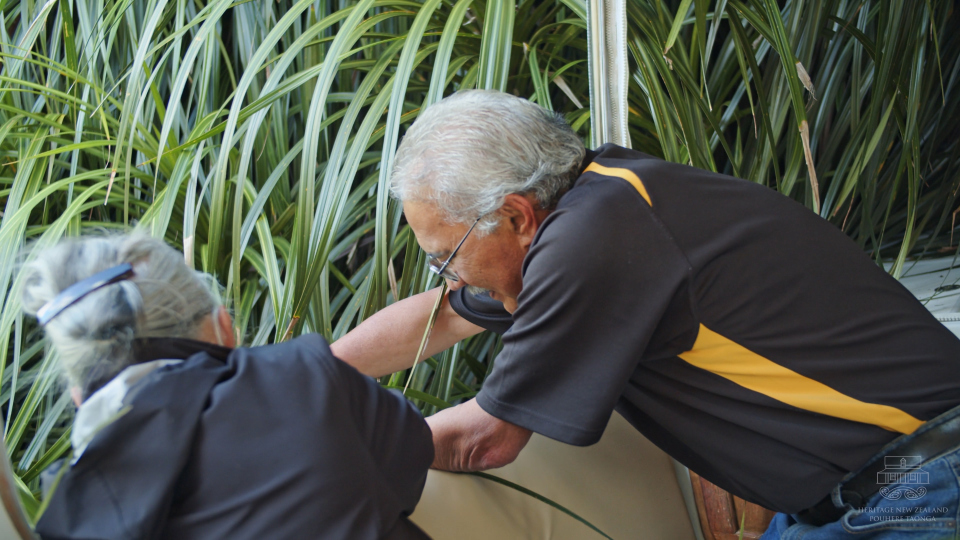
Watch - Matangireira | Reawakened. Matangireia, the former Māori Affairs Committee Room at Parliament, was officially reawakened with a dawn ceremony following the completion of conservation work.
Natural heritage
Natural heritage relates to our natural resources. It includes our forests, waterways, wetlands, landscapes and geological structures, and native fauna and flora.
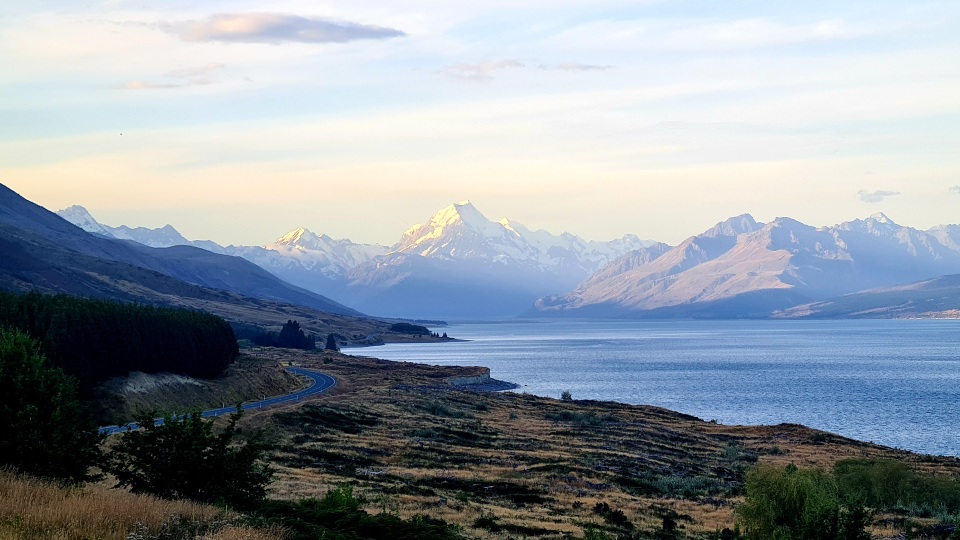
Culture and identity
Heritage is part of what and who we are. It helps shape and define our culture and identity and highlights our values and priorities.
Heritage gives clues to the past and how society has evolved. It helps us study history and traditions. Heritage helps us understand and explain why we are the way we are.
Heritage also plays an important role in our politics, society, business, and world view.
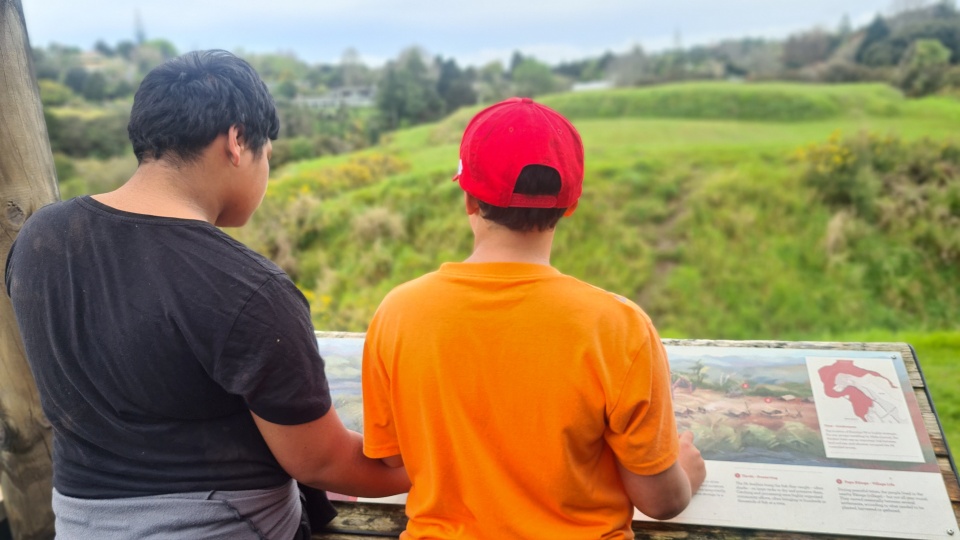
Personal rewards and opportunities
Our lives are enriched by the things we enjoy doing, seeing, or being involved with. We may search out our whakapapa or family history, visit places where our forebears lived and worked, volunteer for conservation projects or practice traditional skills.
Our inherited places, stories and culture brings people together from across the community through shared experiences in visiting, enjoying, and conserving heritage.
Conserving heritage helps local tourism businesses. People want to visit Aotearoa New Zealand’s special heritage sites and attractions.
By looking after our places, stories, and culture we can leave the next generation a taonga to inherit, appreciate and value.
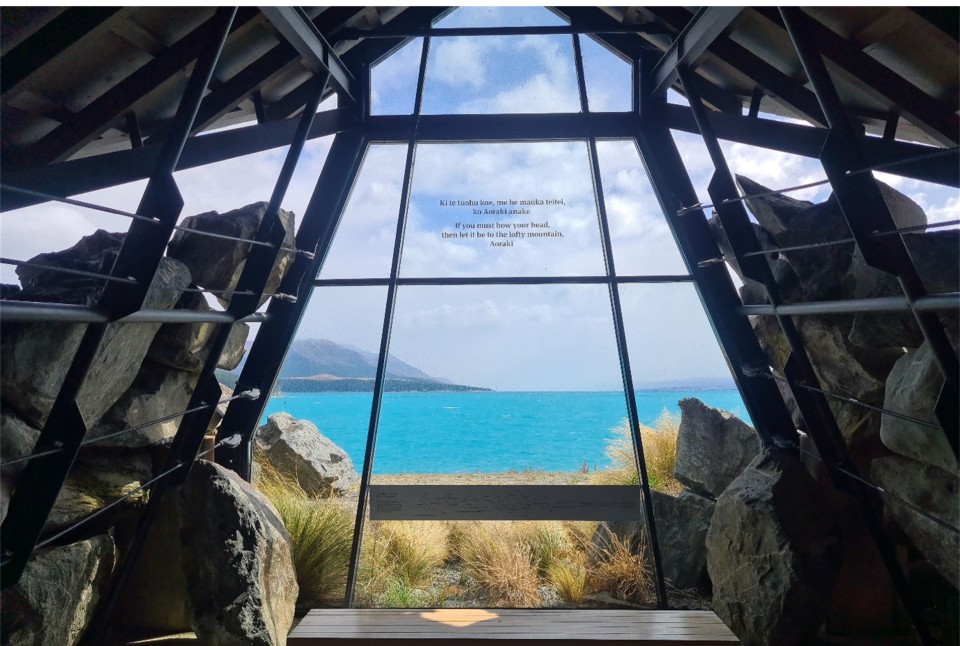
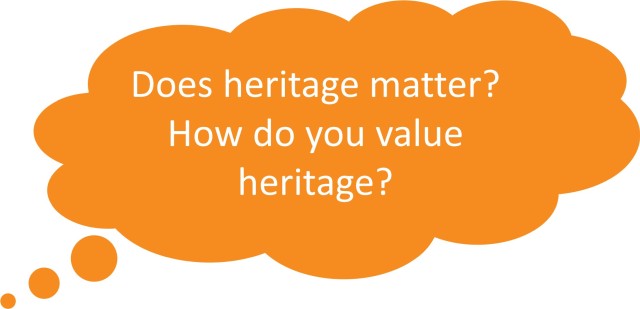
Try the Heritage defined quiz.
Explore the Heritage New Zealand Pouhere Taonga website, the leading national historic heritage agency.